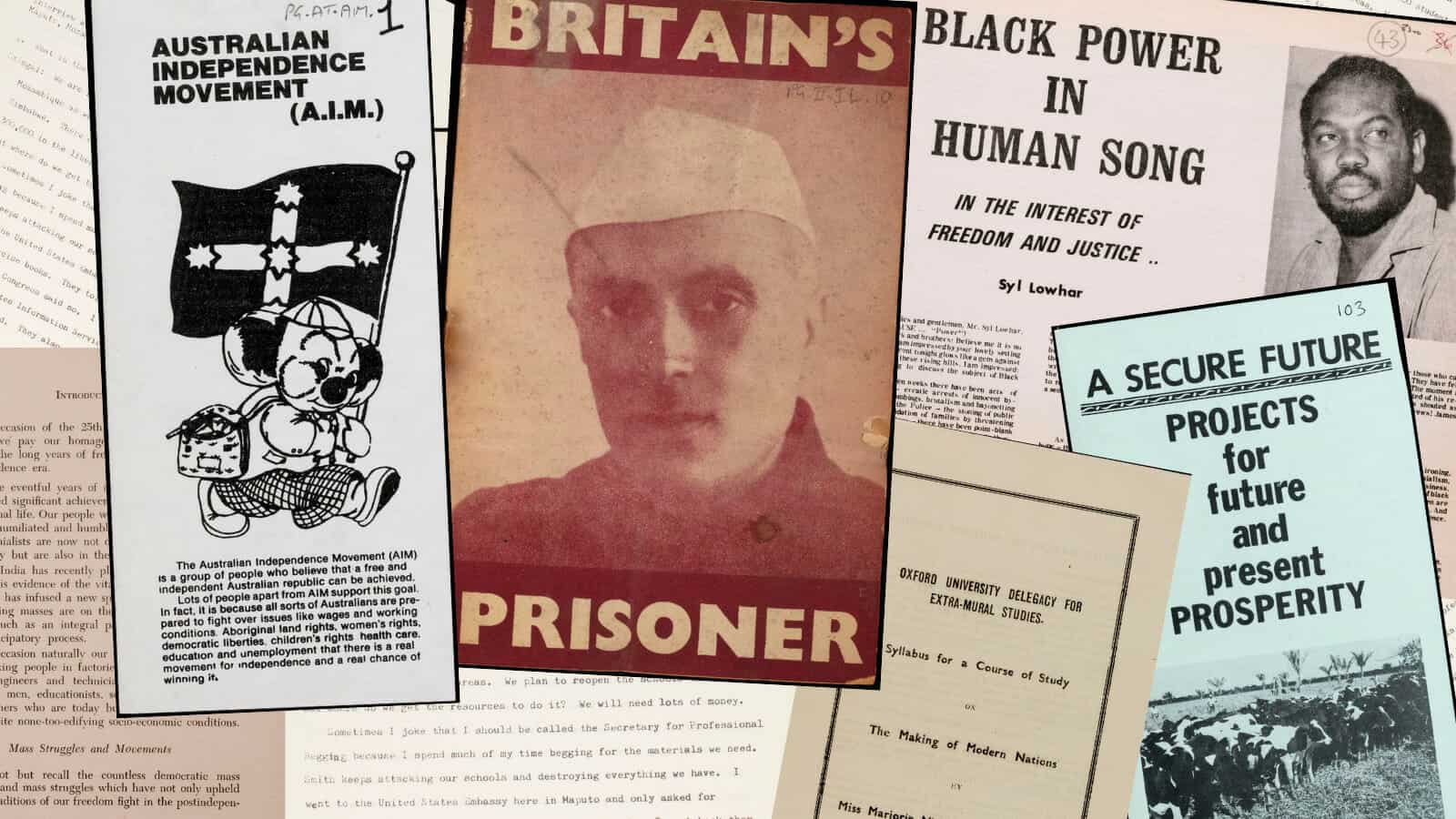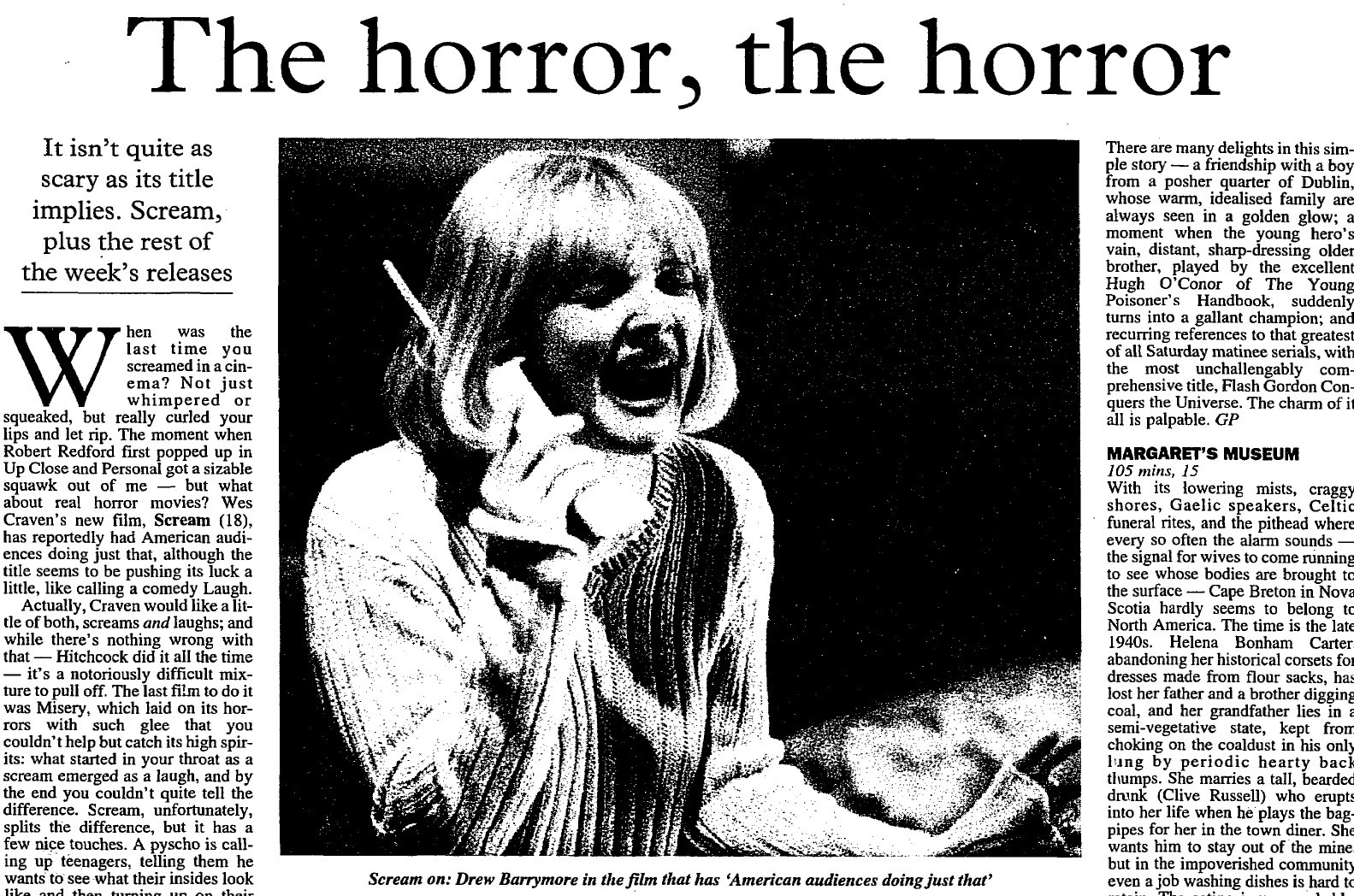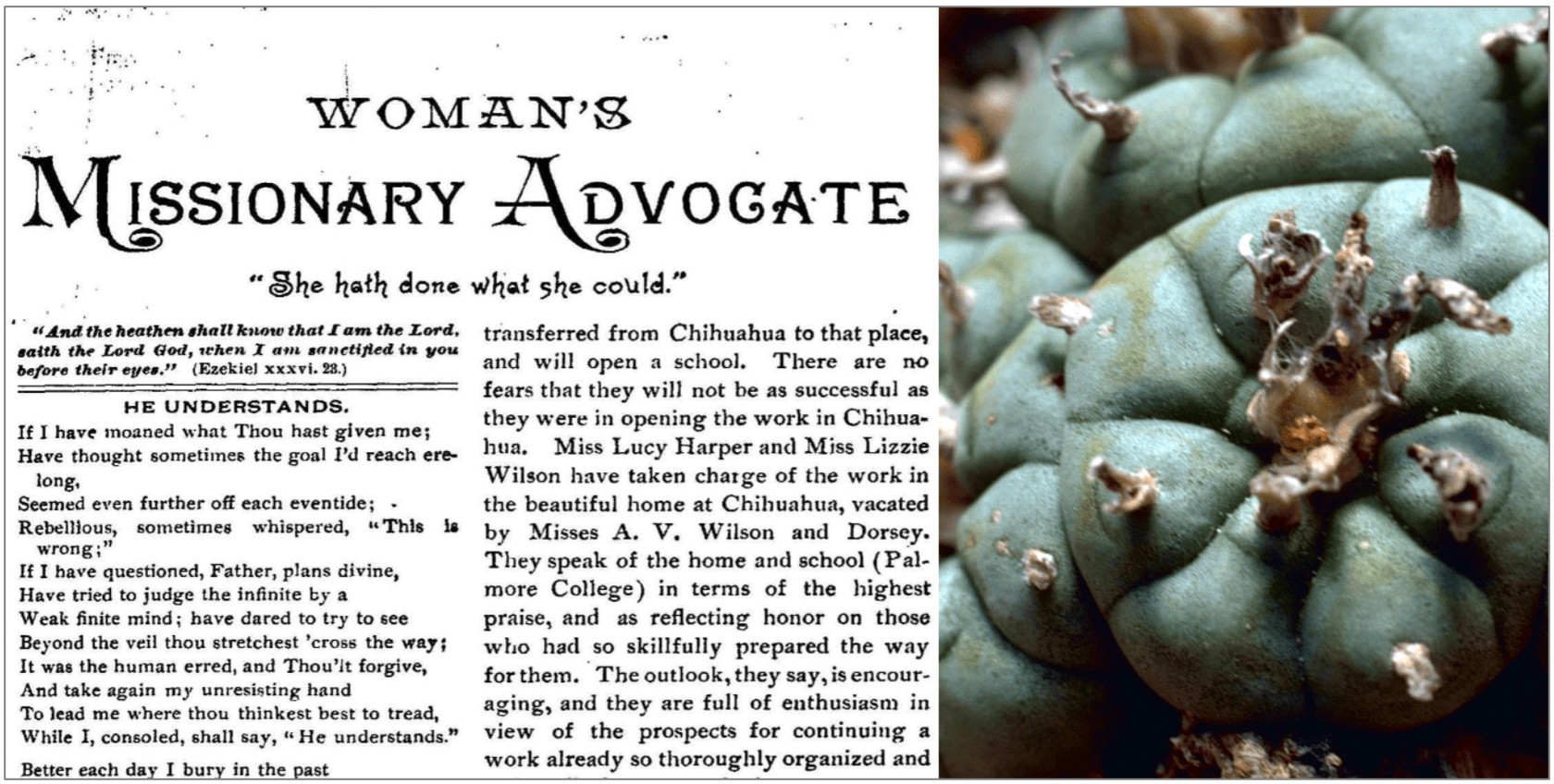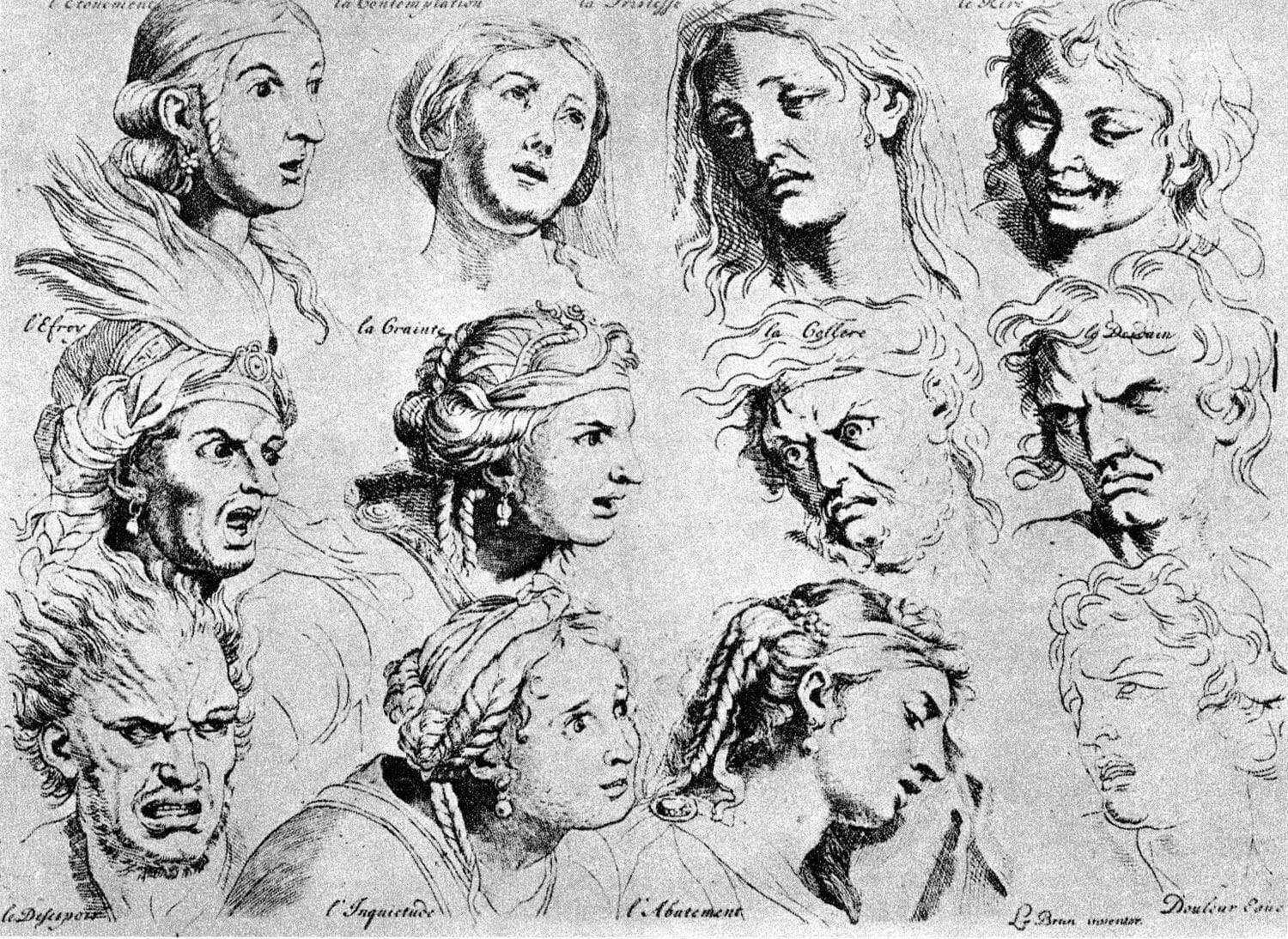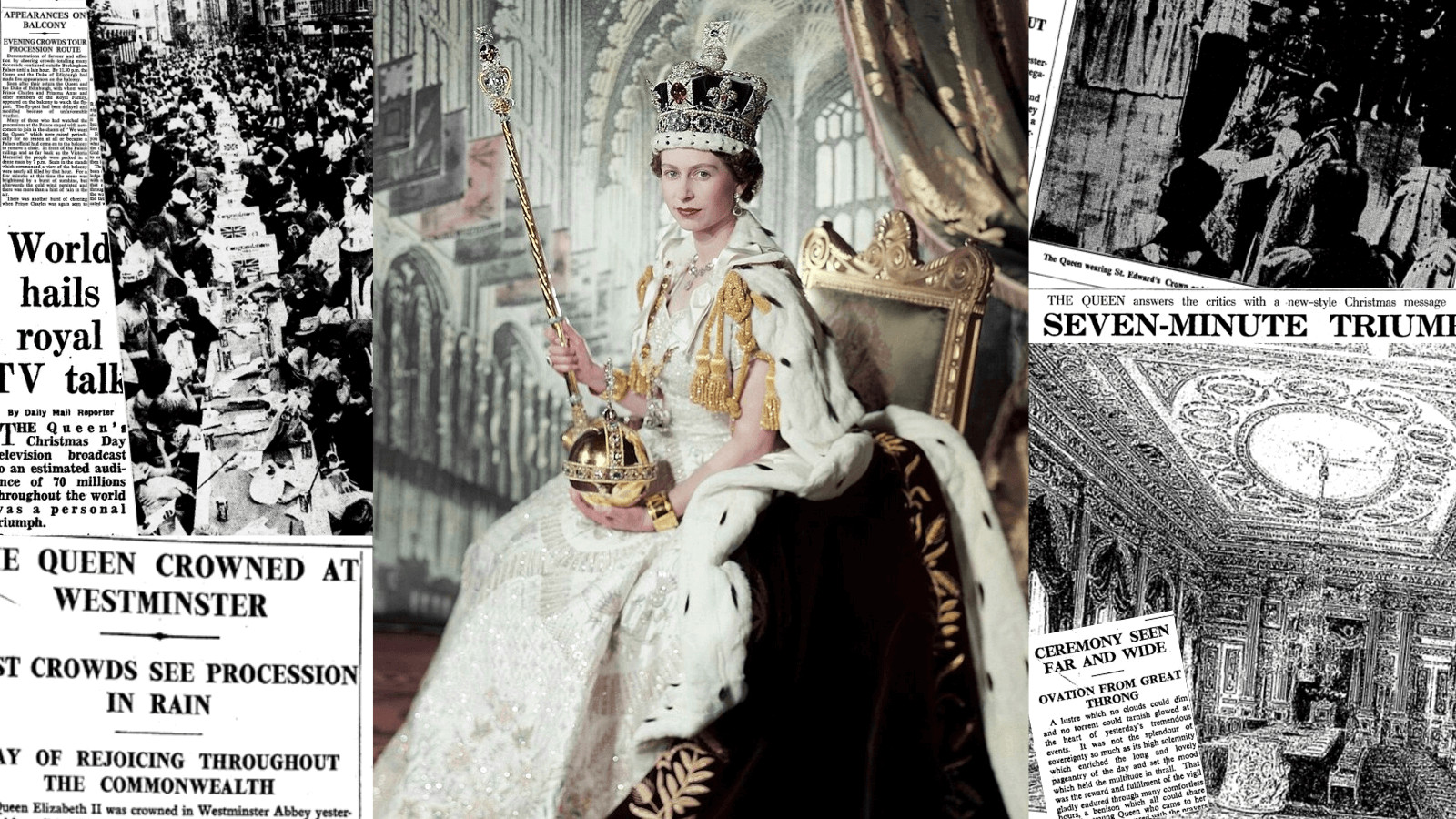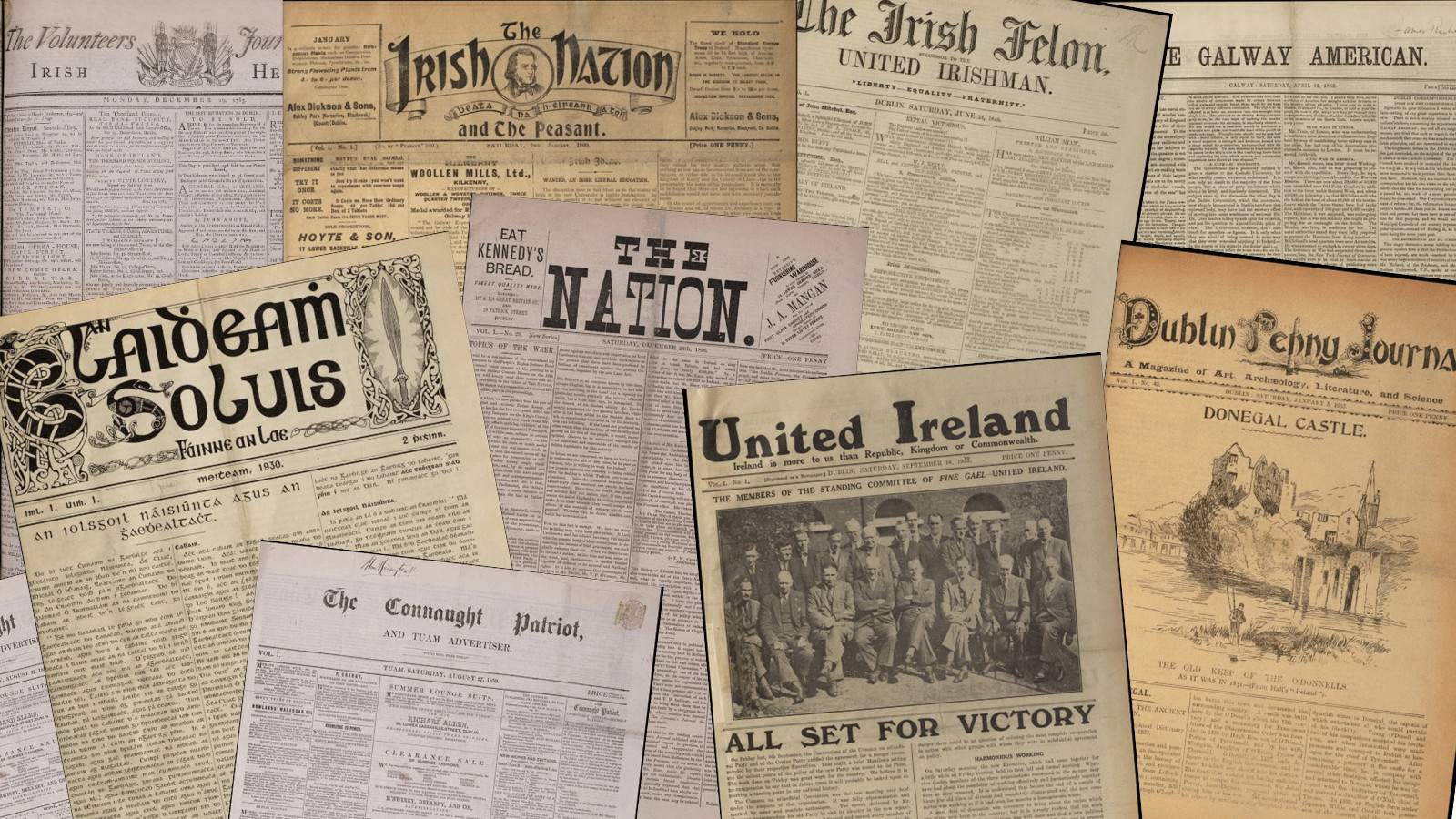│By Ava Nichols, Senior Gale Ambassador at the University of Aberdeen│
The film industry has taken great steps and developed in numerous ways since its creation in the nineteenth century. Using Gale Primary Sources collections, I decided to explore how the discussion of film in newspapers – be that promoting or reviewing individual films, or analysis of the film industry more generally – has evolved throughout the twentieth and twenty-first centuries. I decided to focus on The Times Digital Archive because selecting one publication as a controlled variable meant I was better able to examine the developing discussions of film and how it changed over time.




